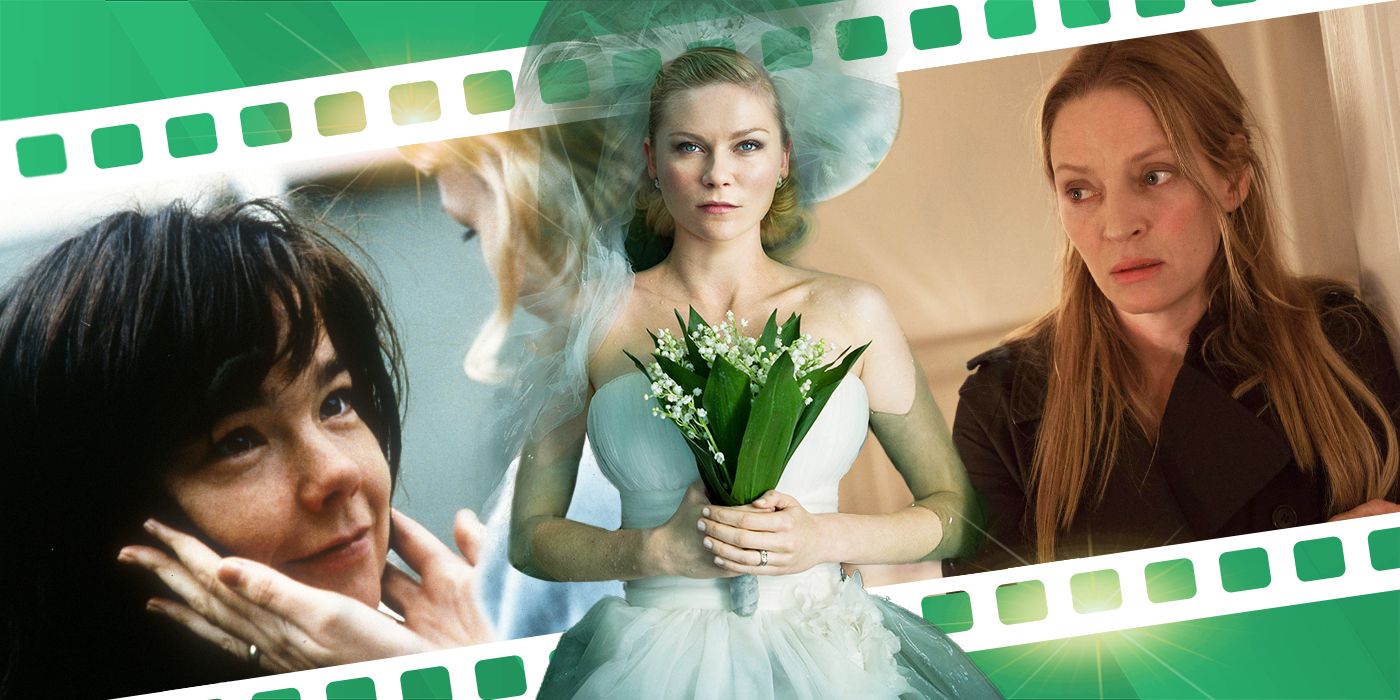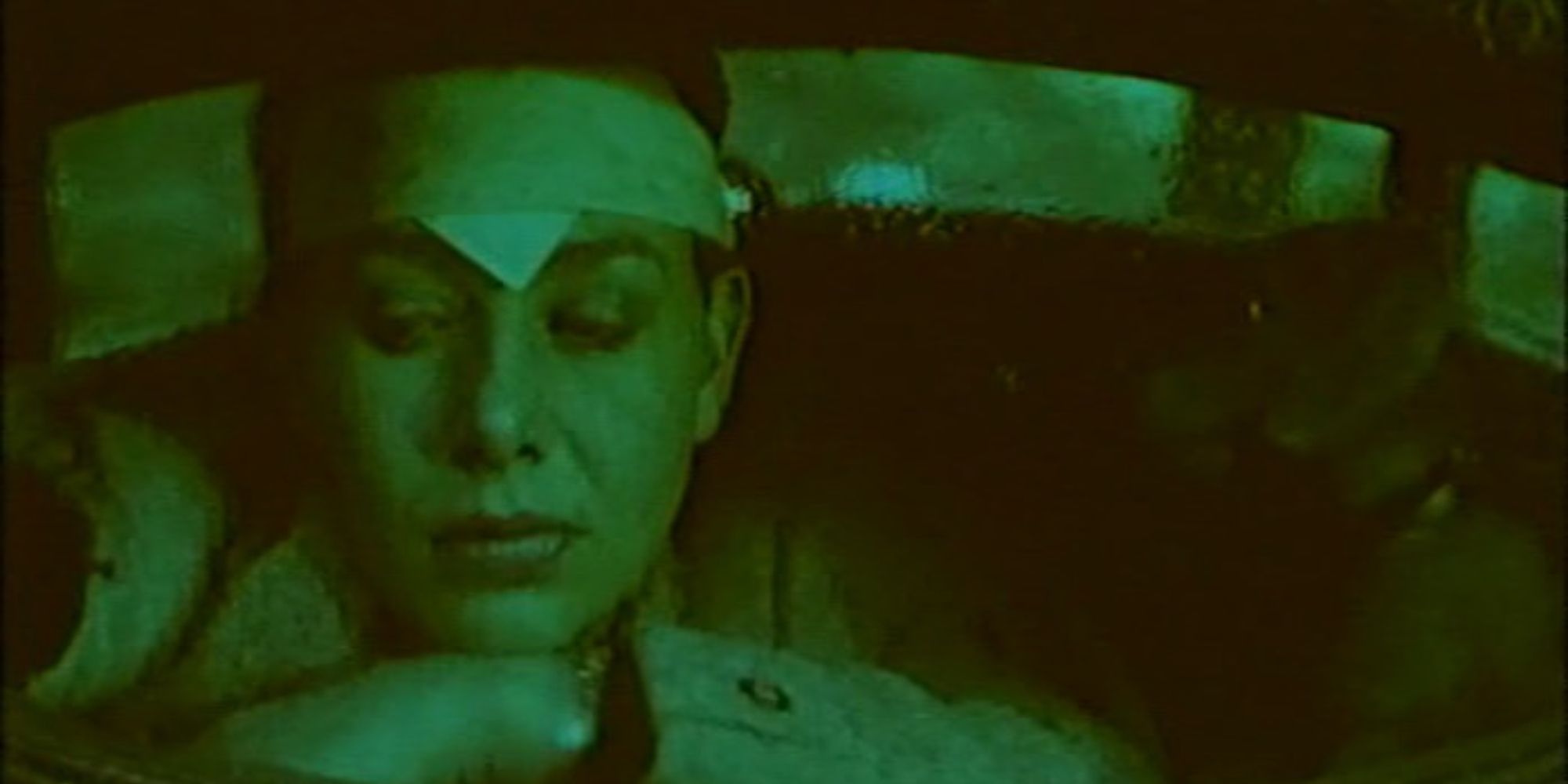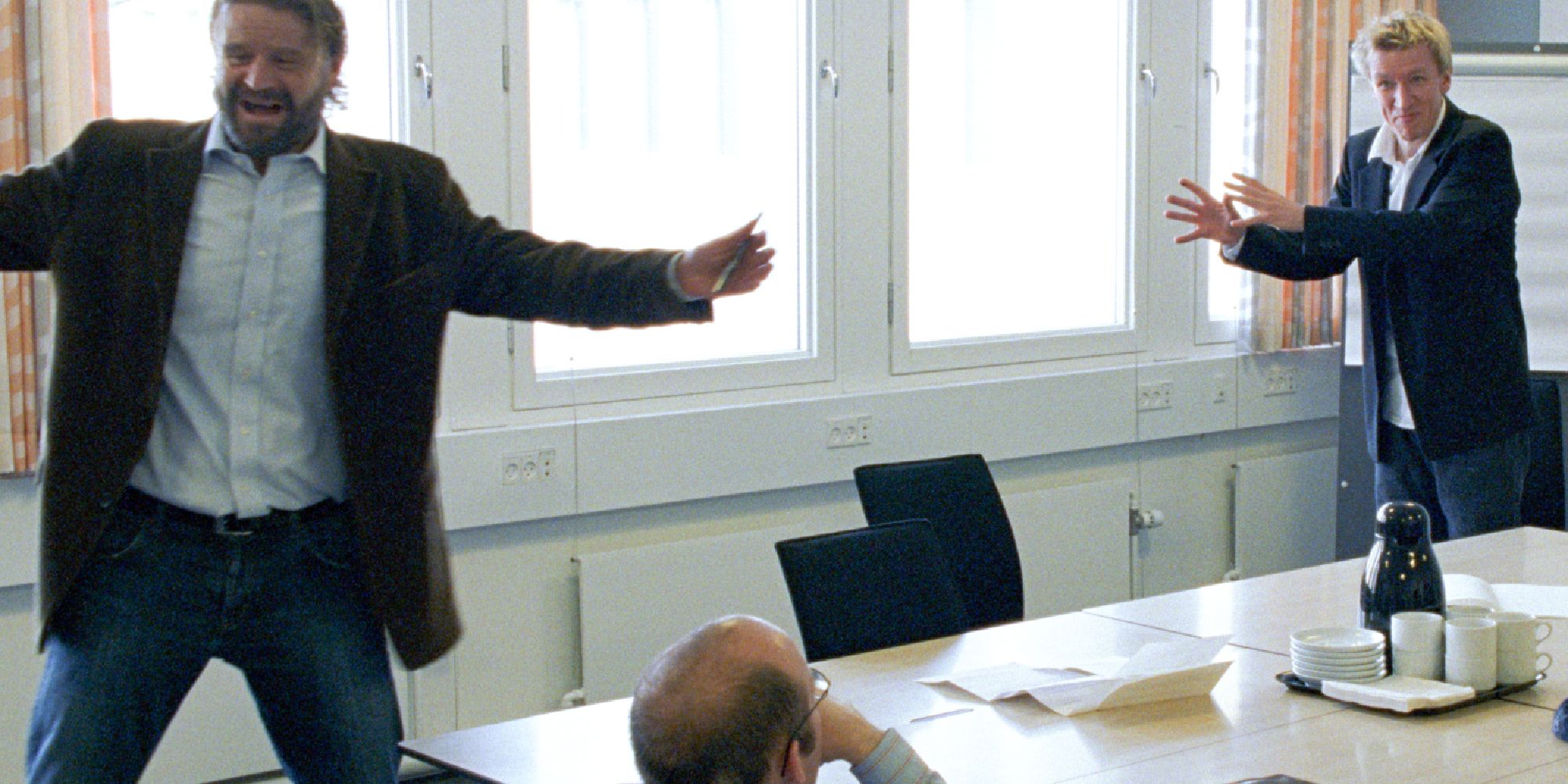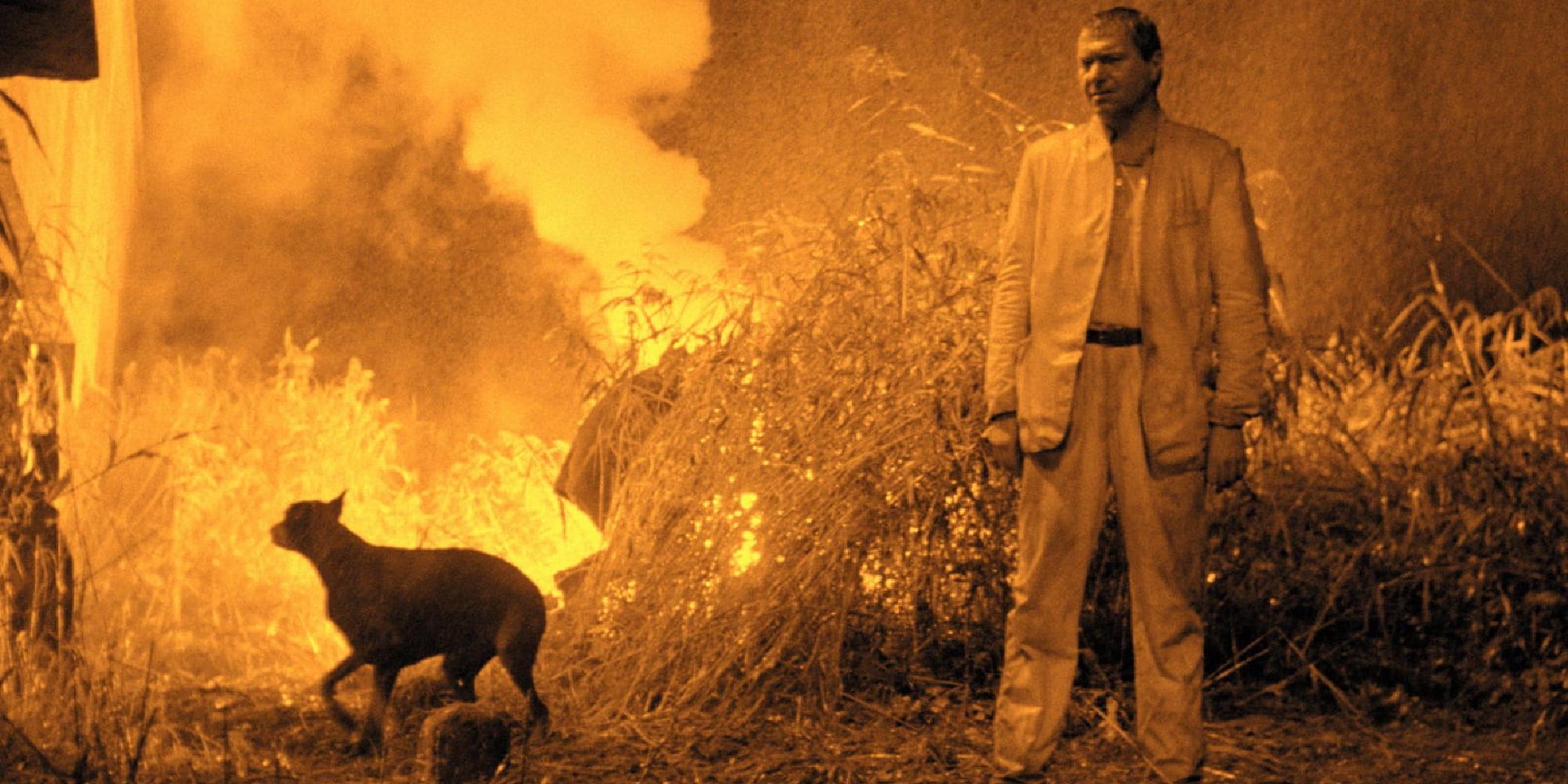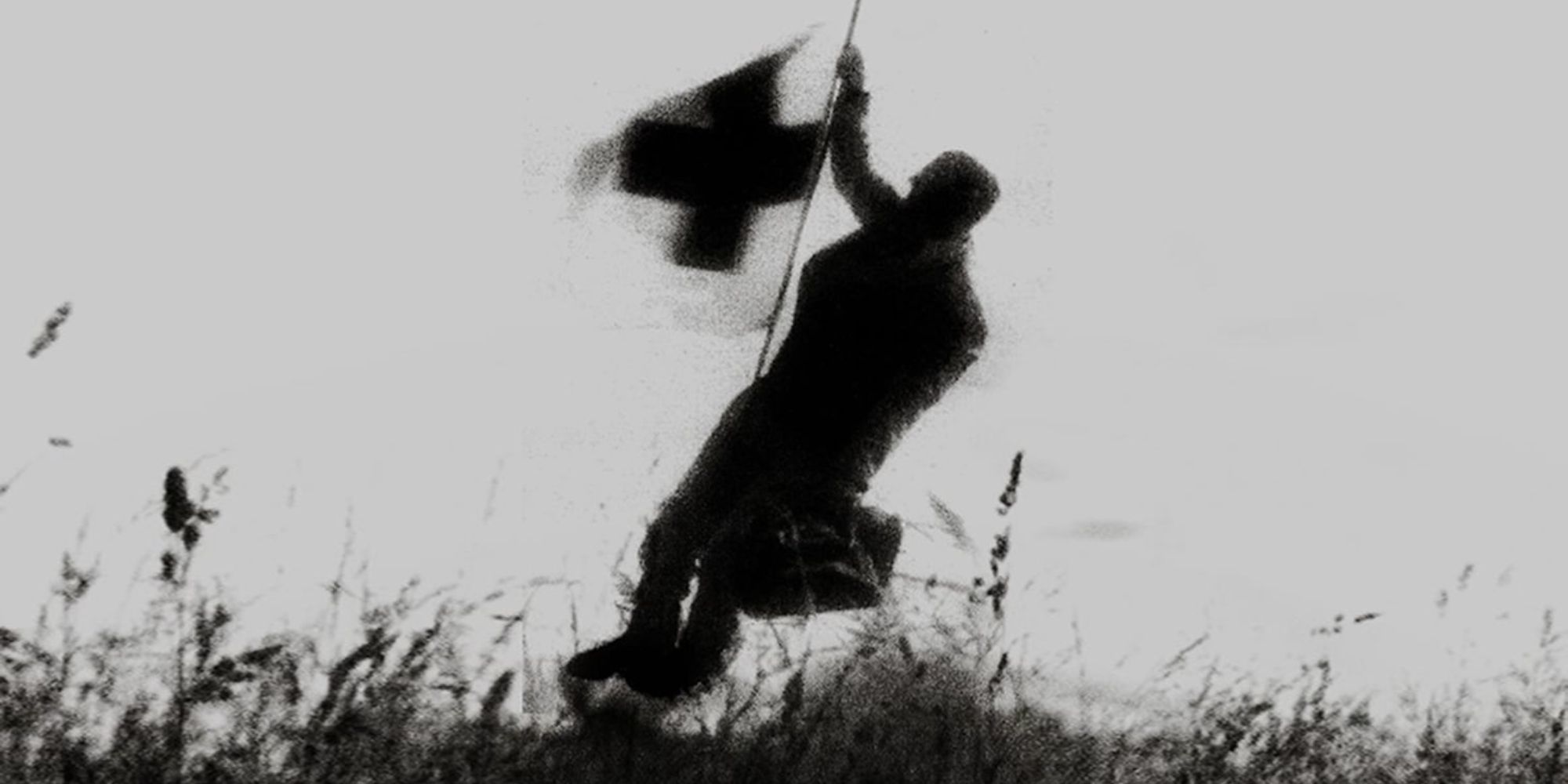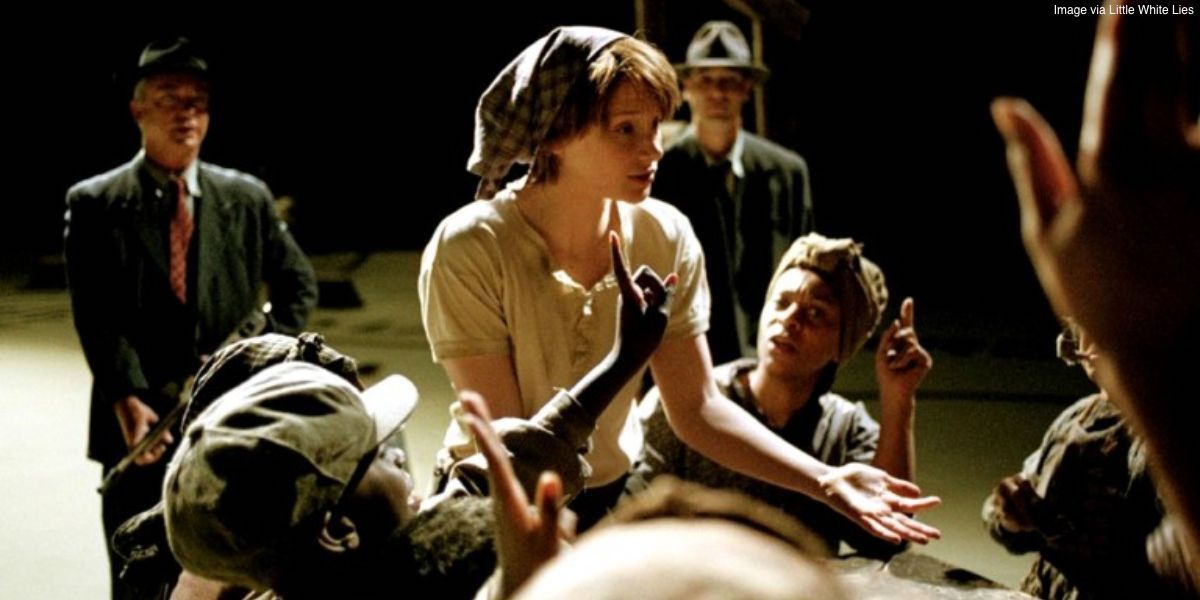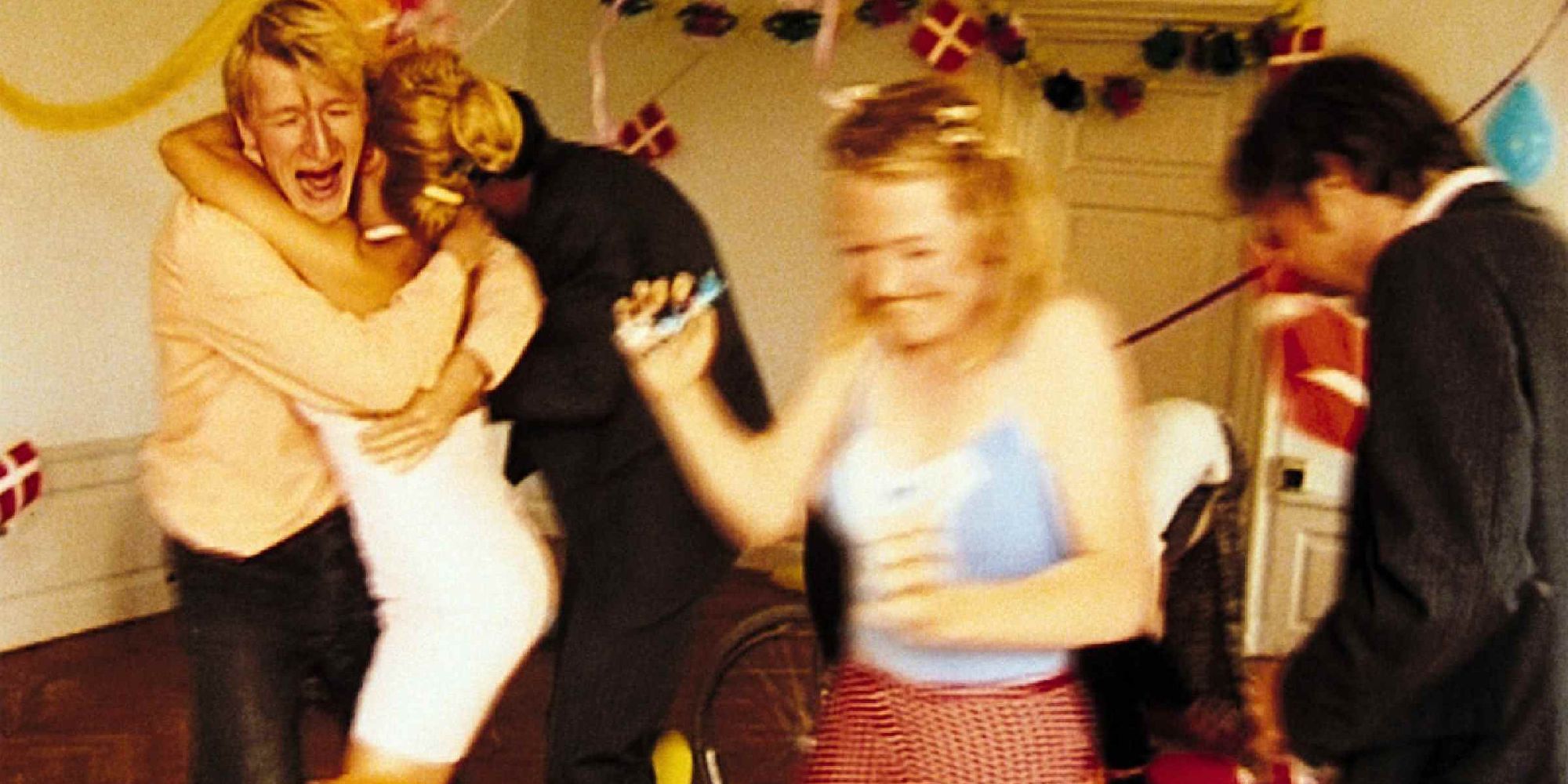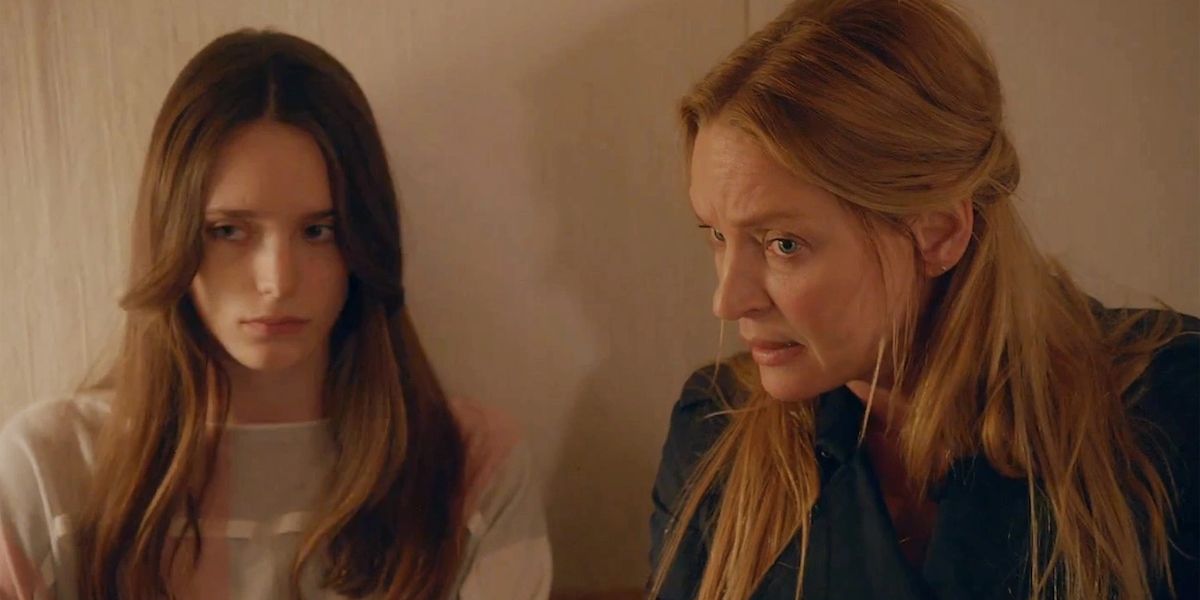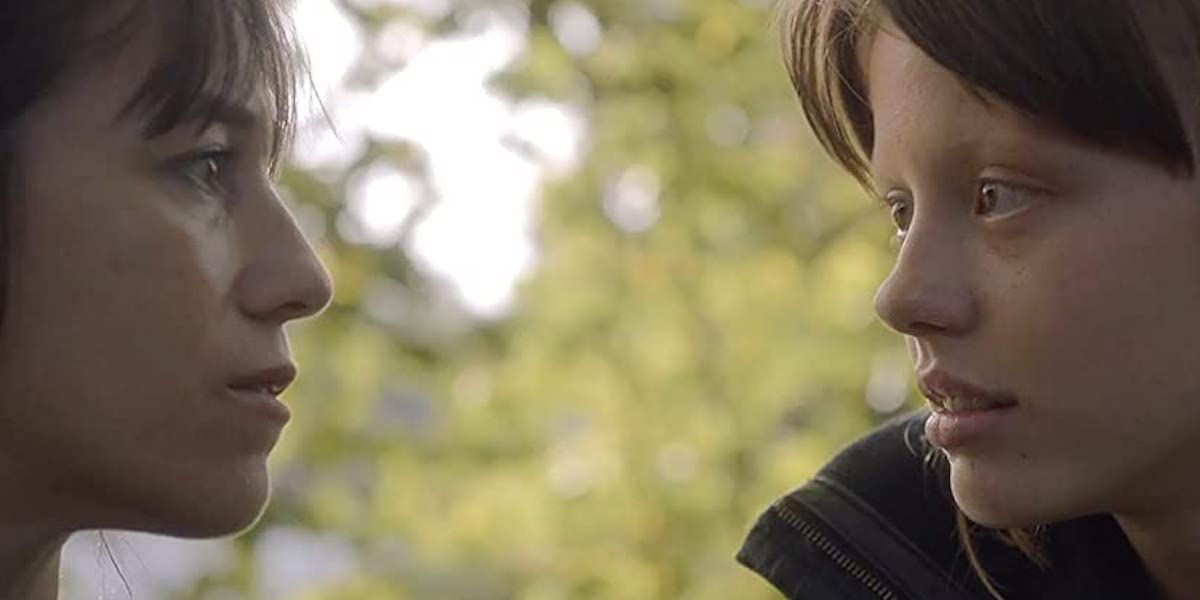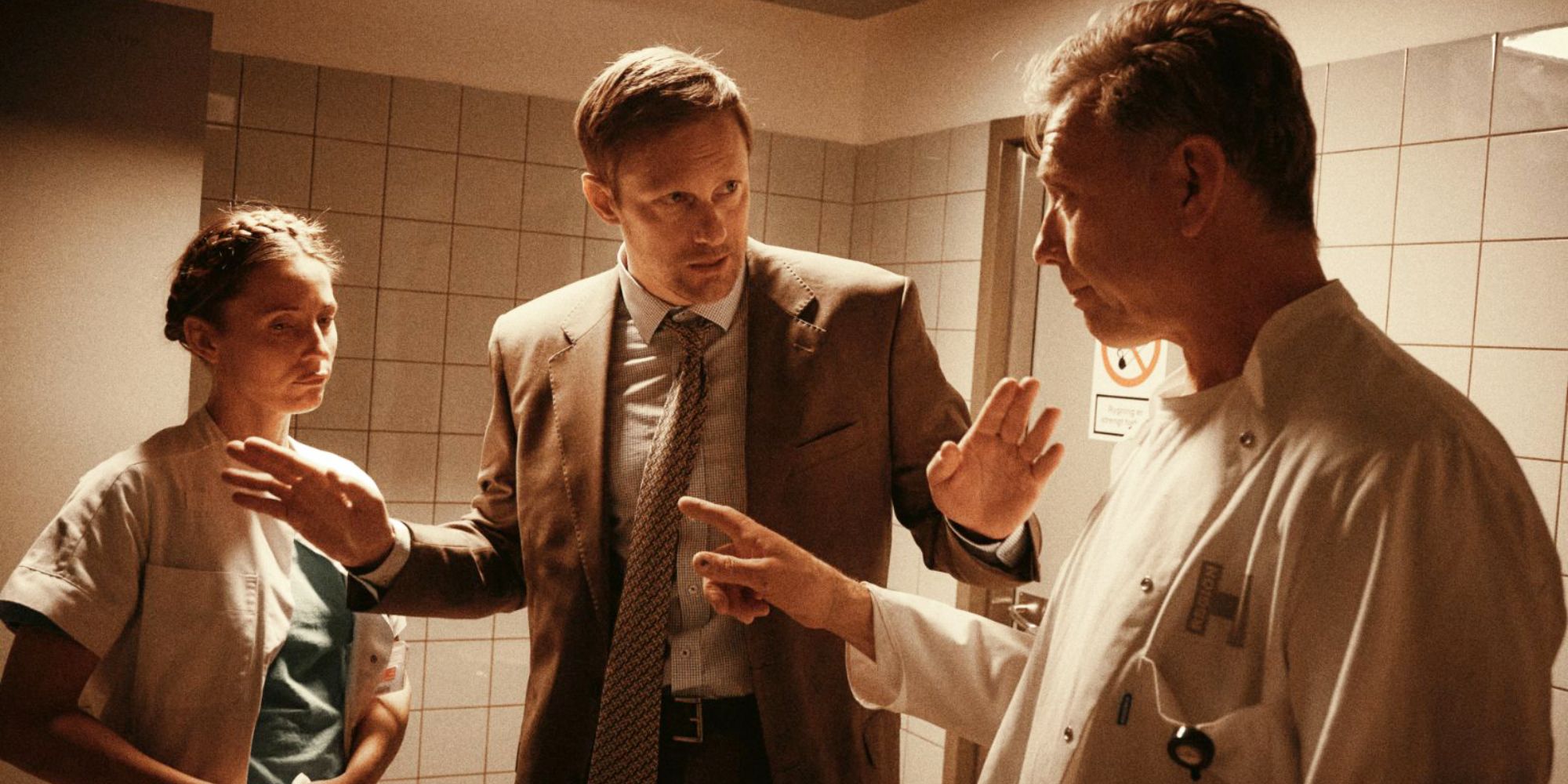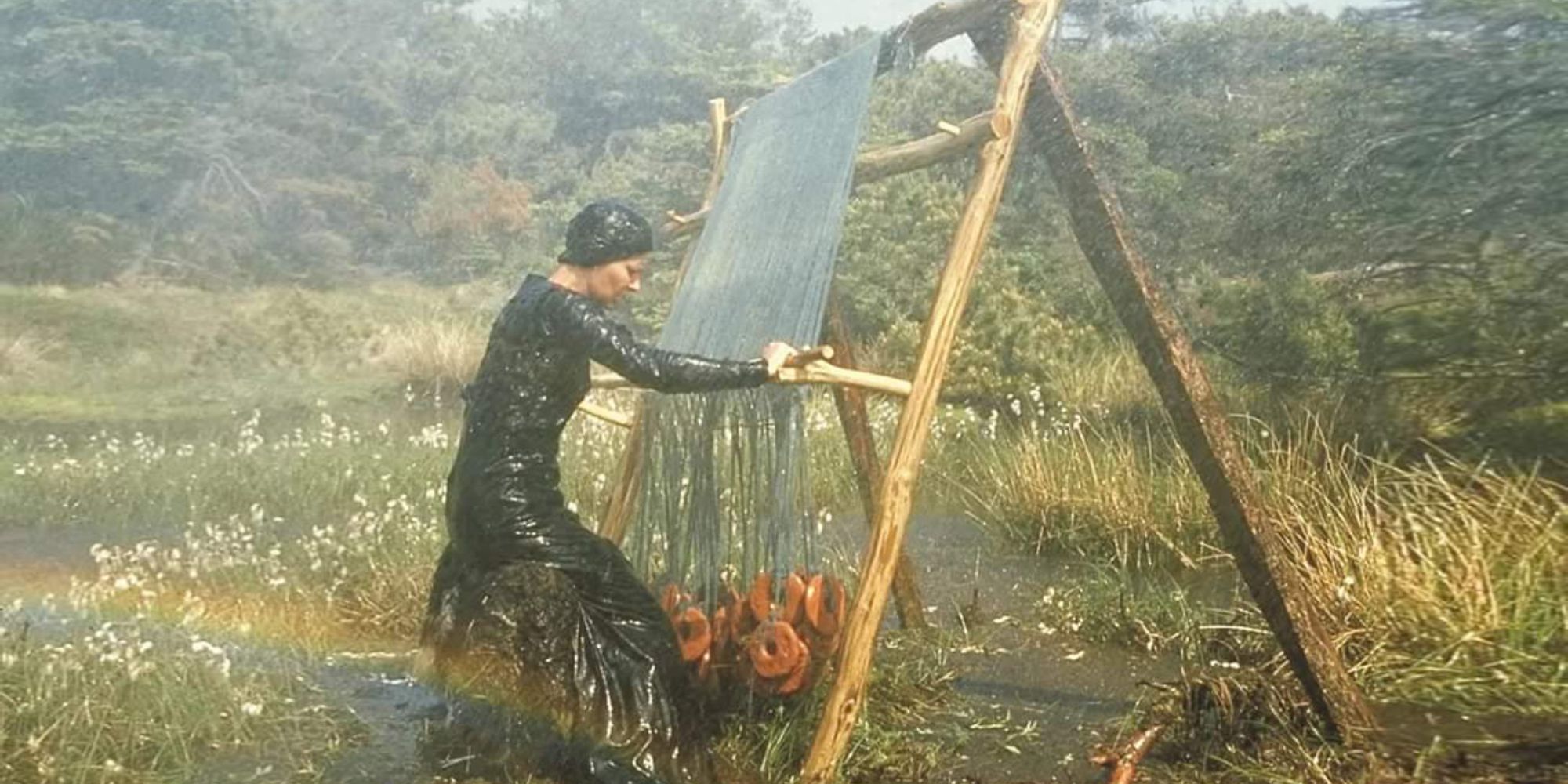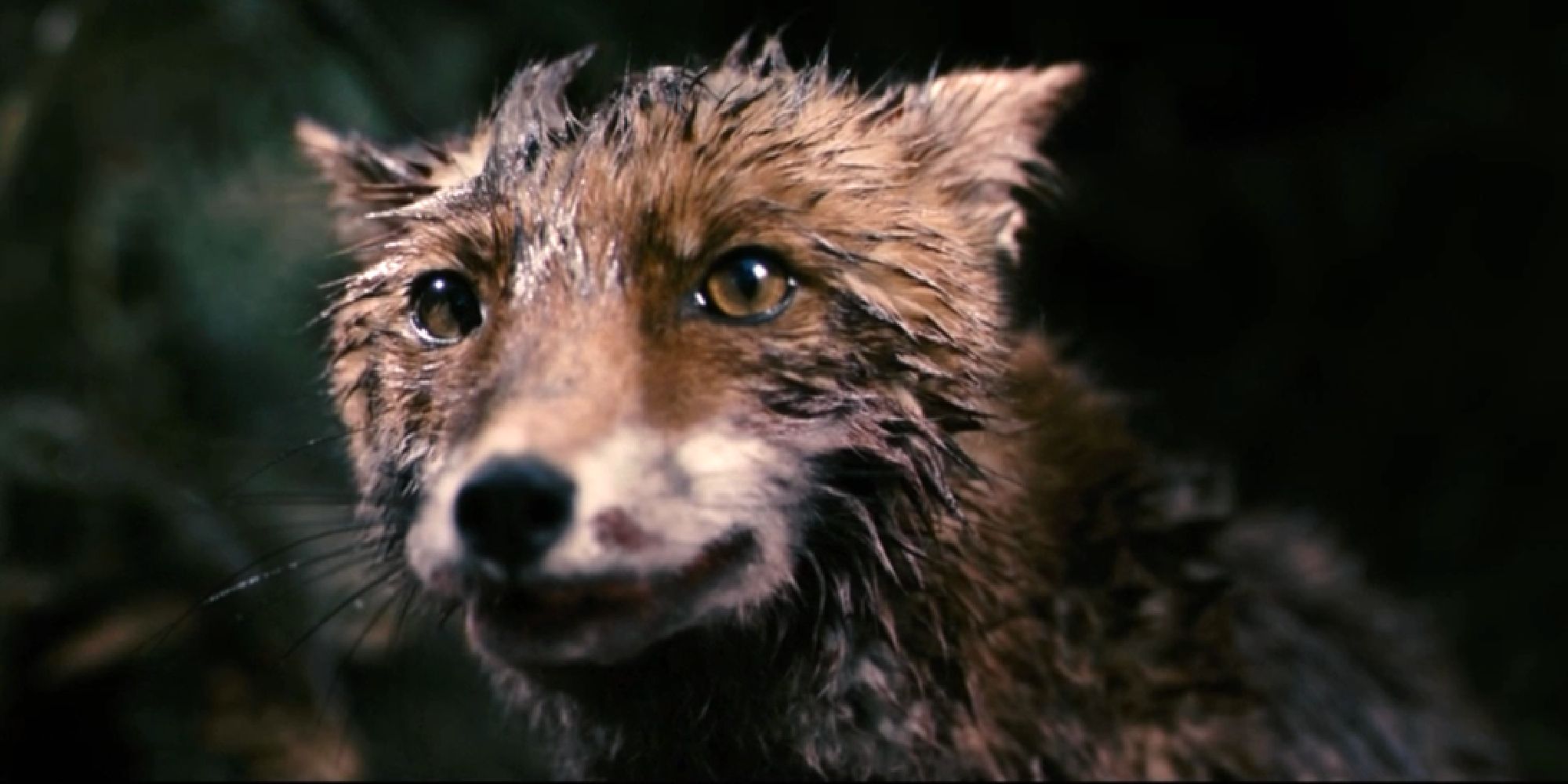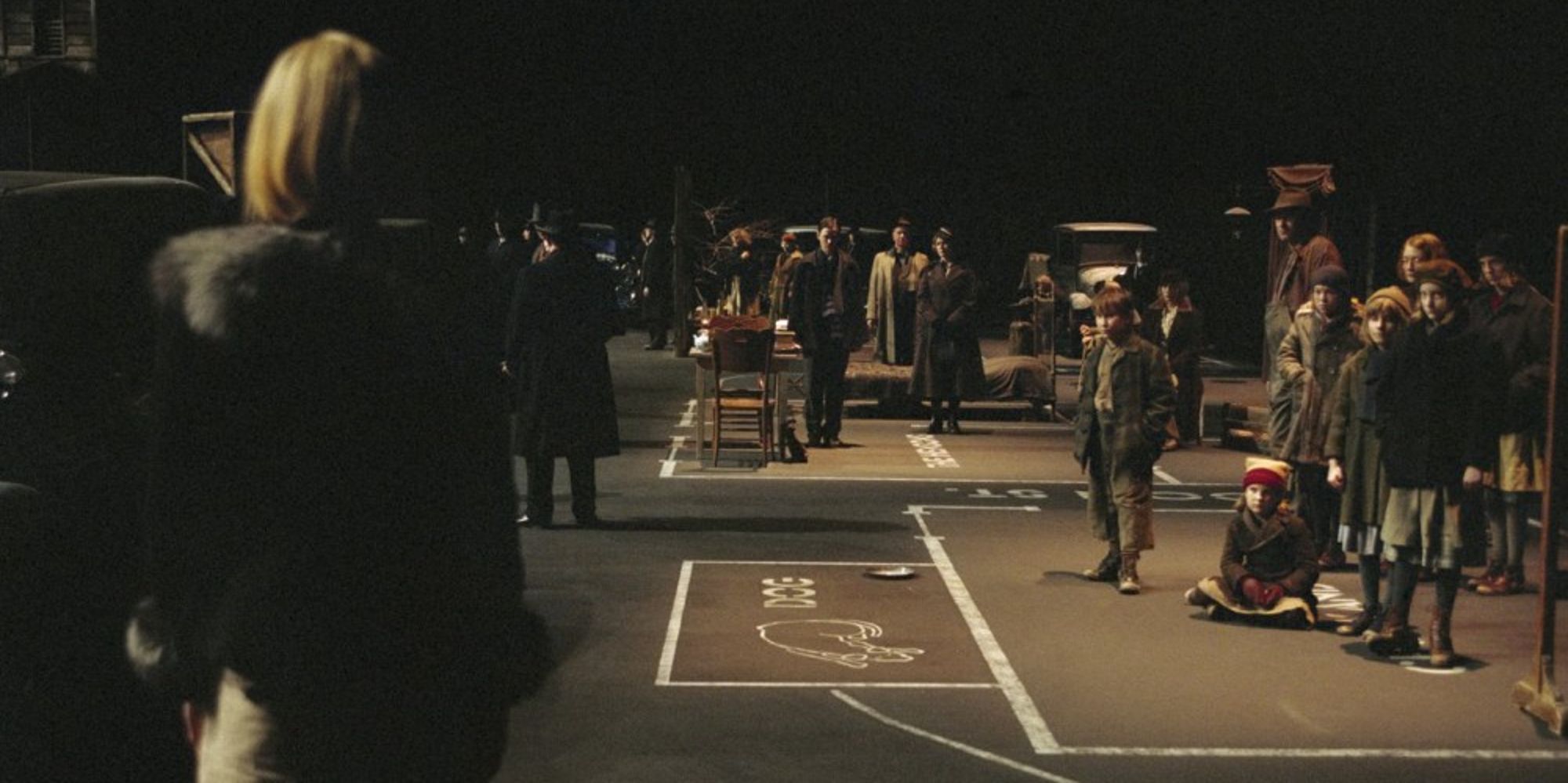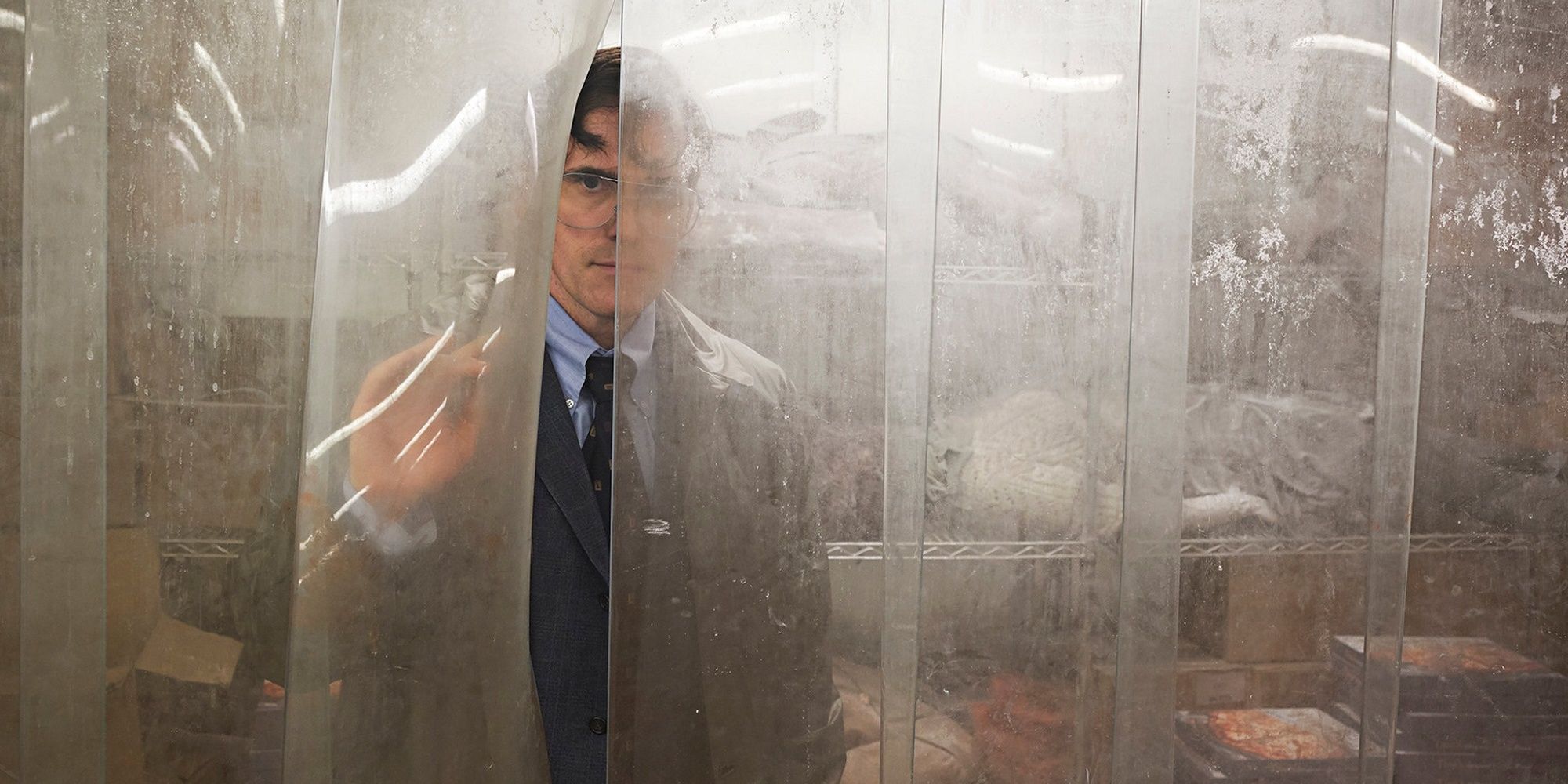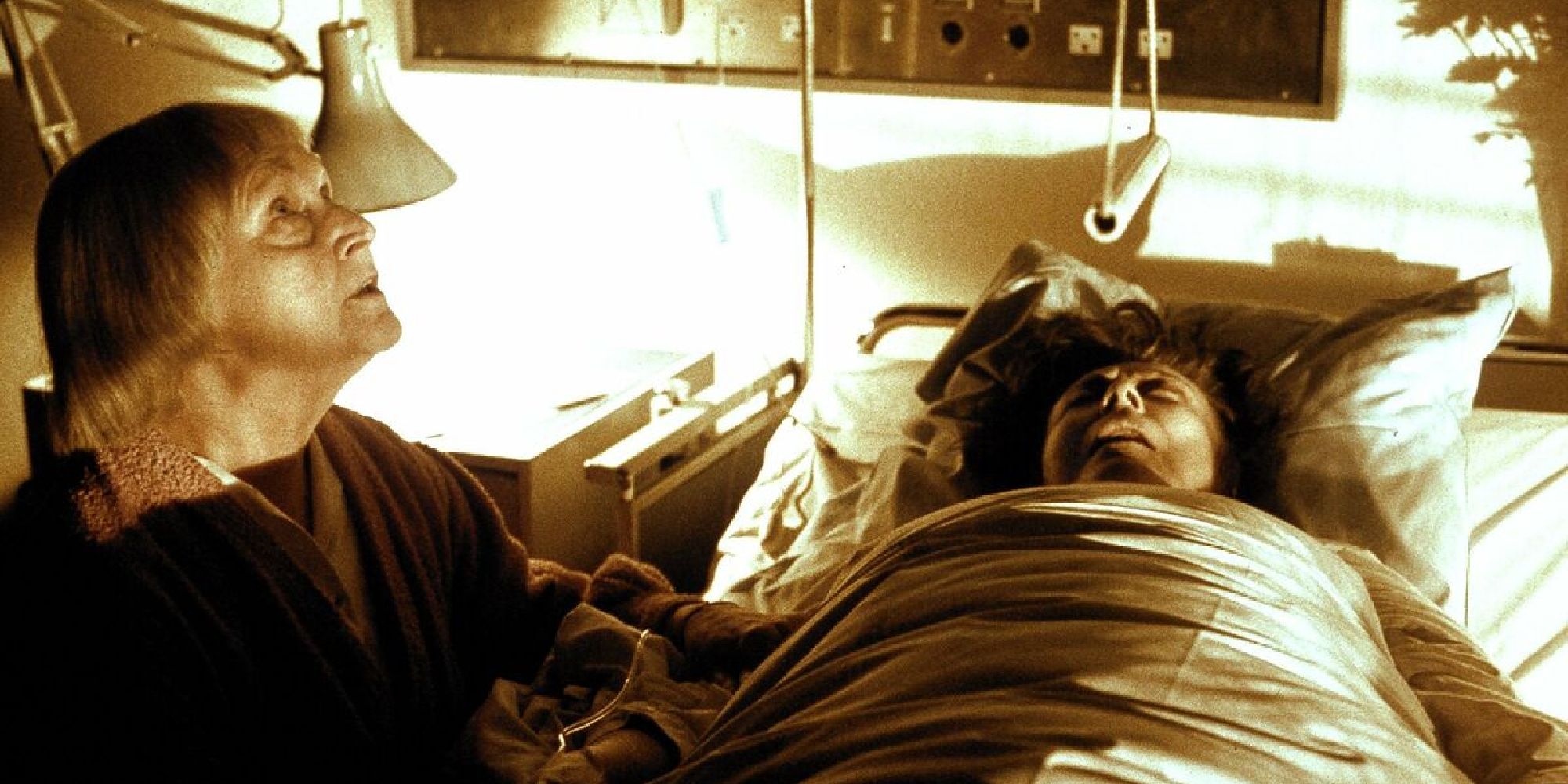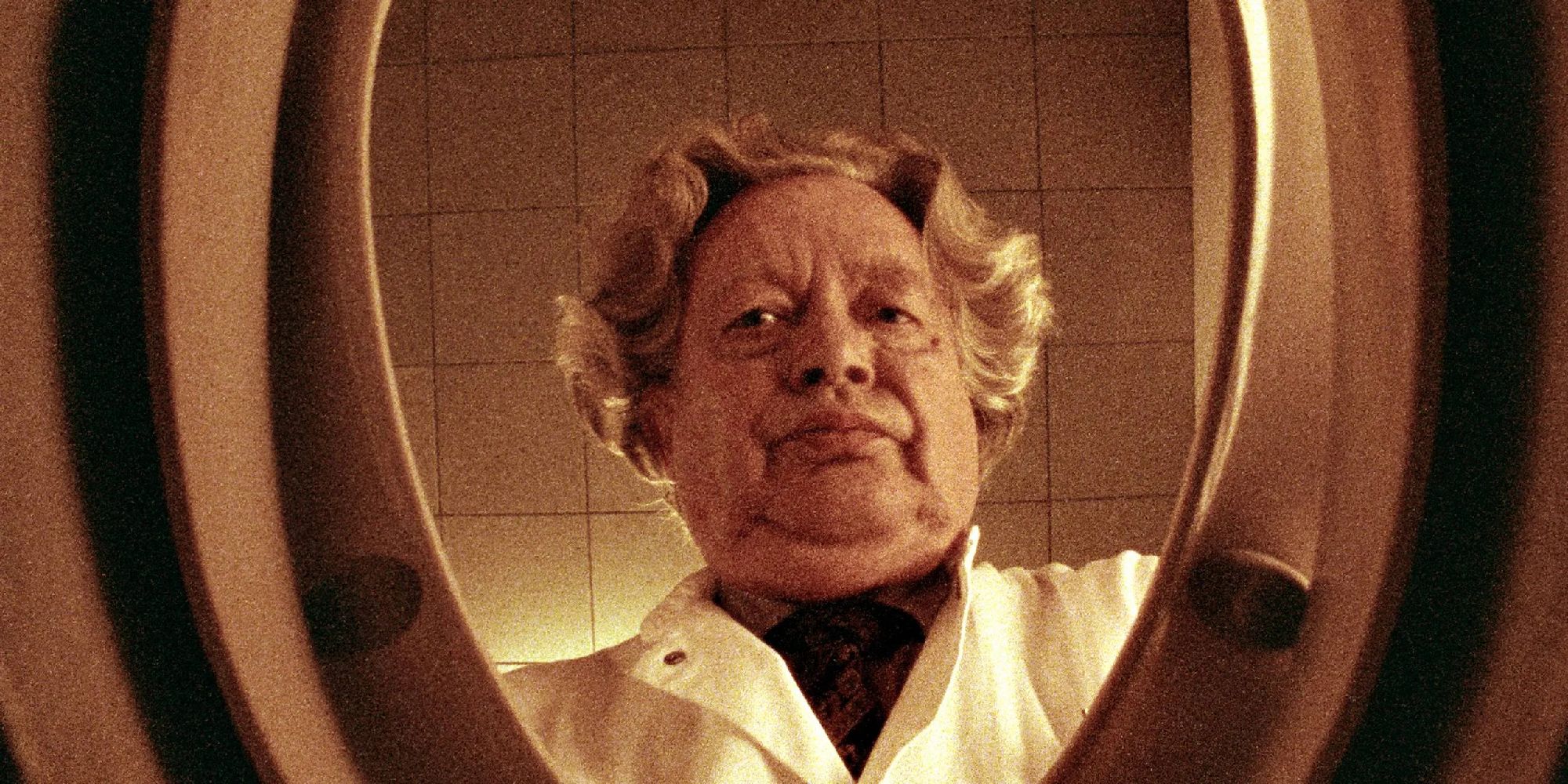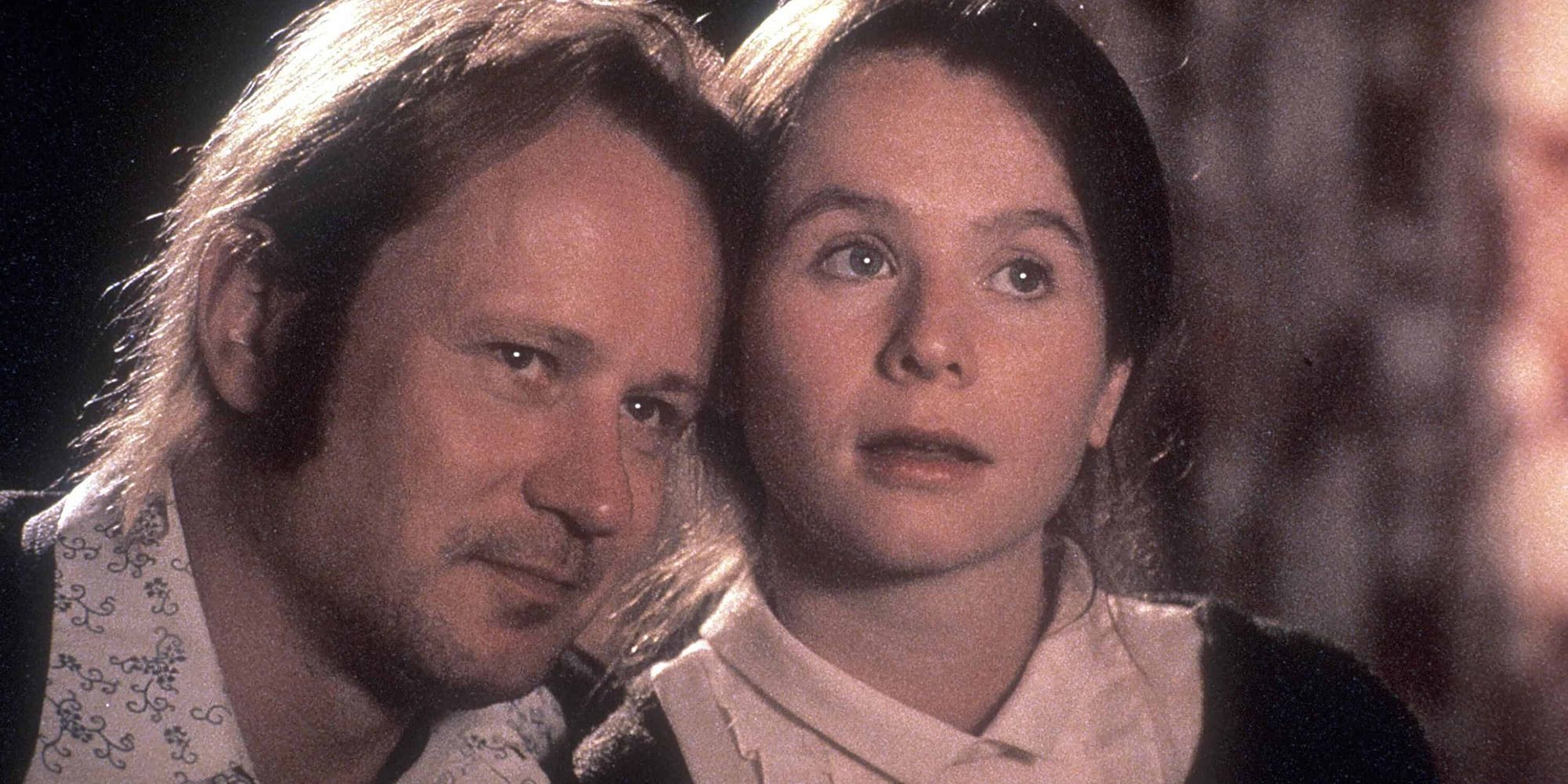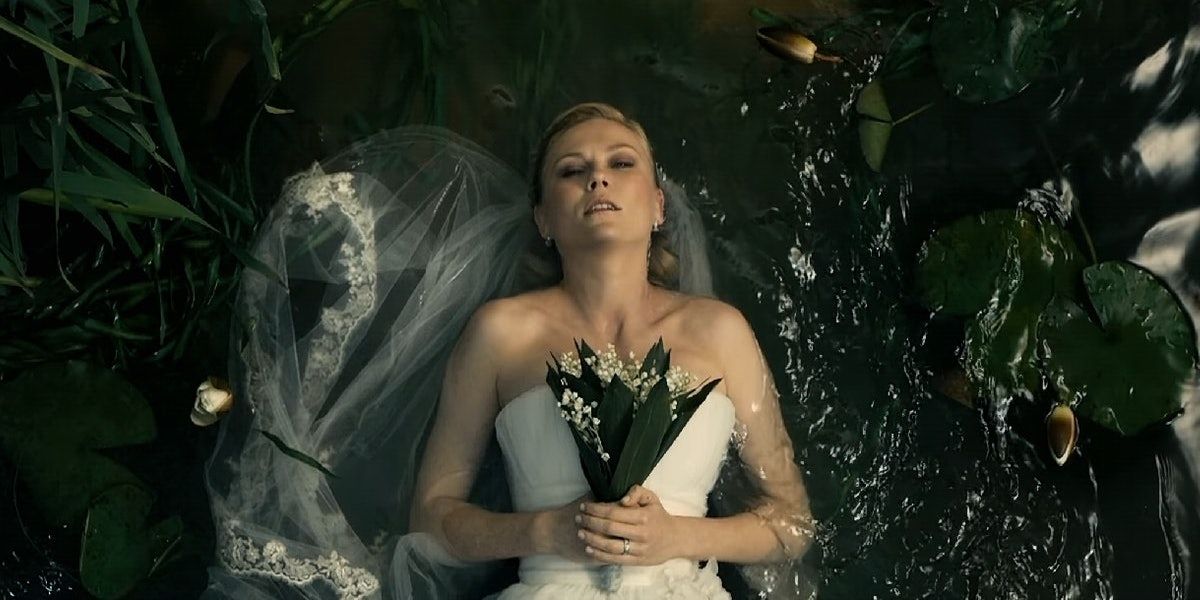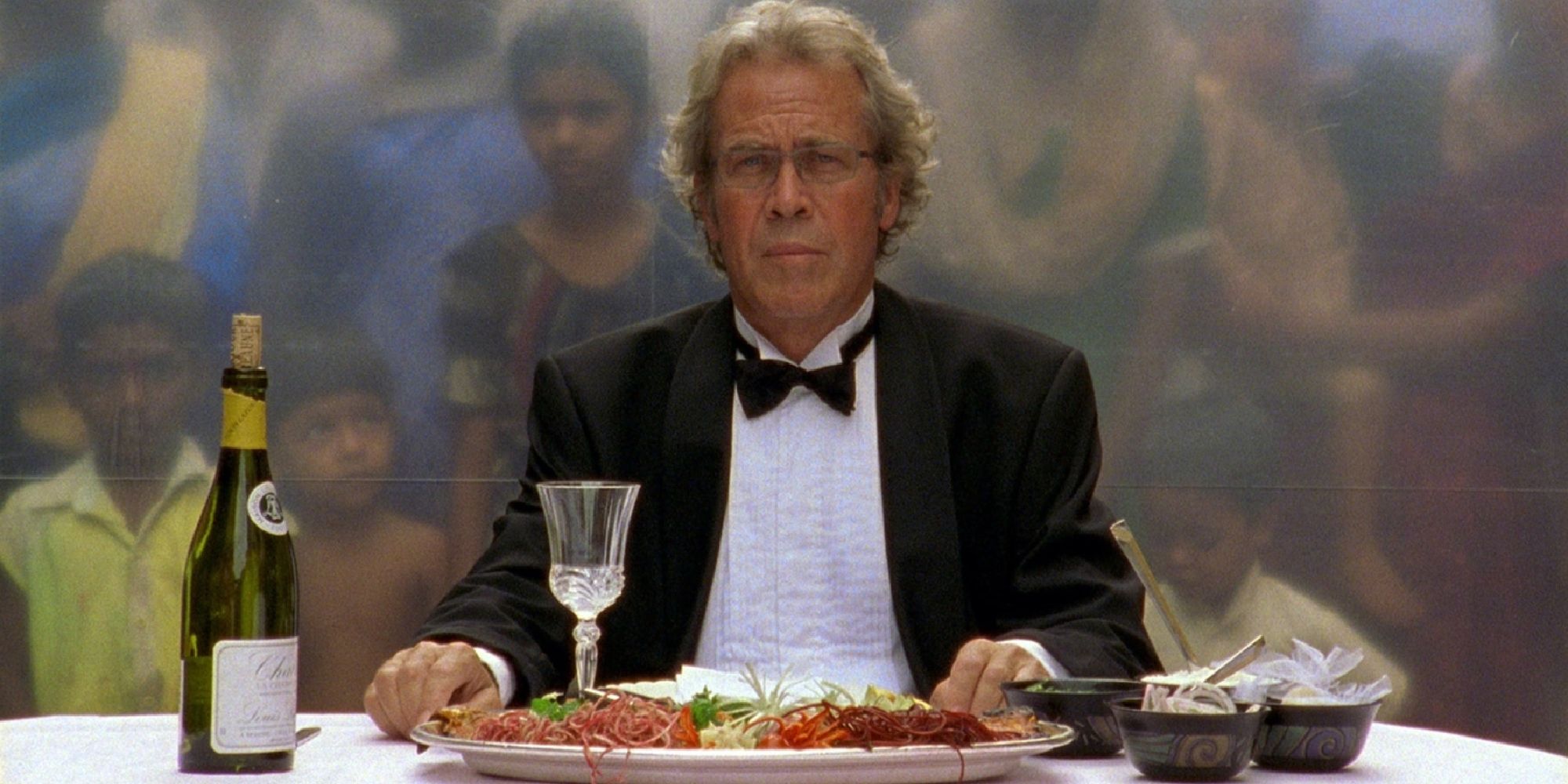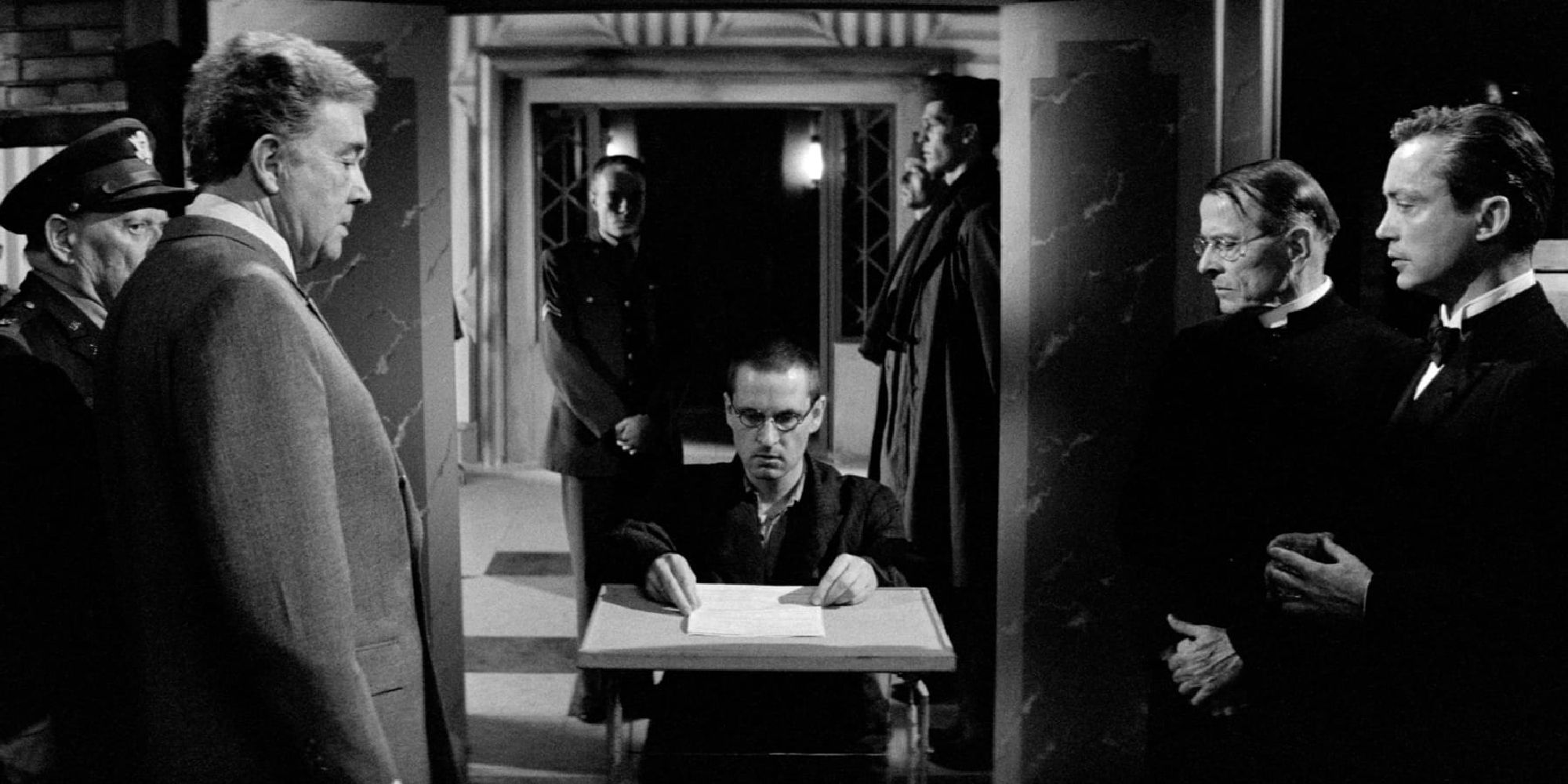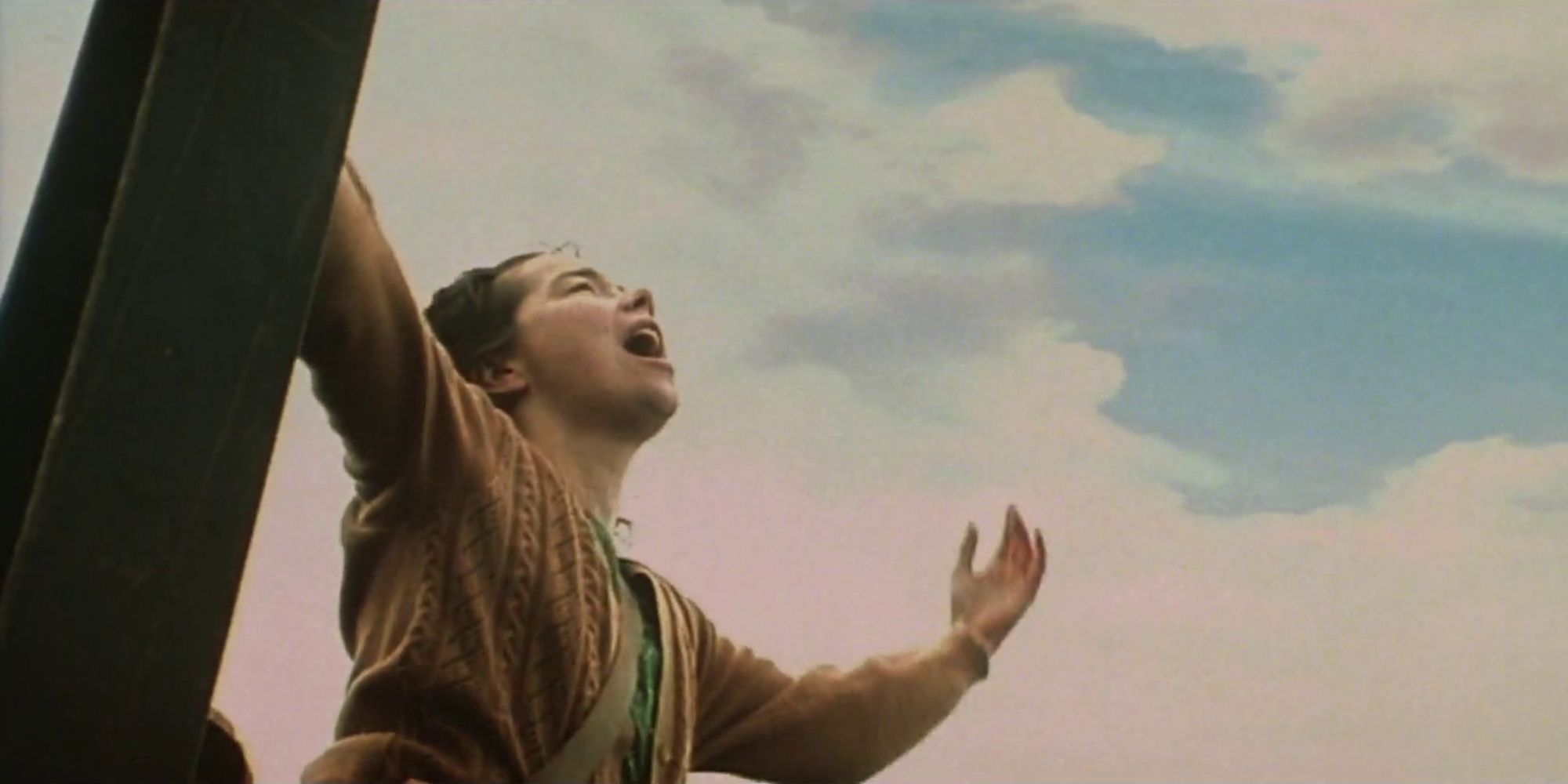Lars von Trier is one of the most outspoken, boundary-pushing, and divisive filmmakers of the past few decades. He's a Danish filmmaker who began directing feature films in the 1980s, and by the late 1990s/early 2000s, became a world-renowned filmmaker who's even worked with some of the biggest American movie stars of today. His films tend to provoke, challenge, and divide audiences, and it's rare to find a Lars von Trier film that has a stable critical consensus.
His films have been controversial, and so have some of his words and actions. When covering Lars von Trier's career and his body of work, it's important to highlight these instances of controversy, such as his comments at the Cannes Film Festival in 2011, and accusations of psychological abuse and unprofessional behavior on set from actors. There is no aspect of von Trier that's easy to talk about, whether that be his personality, his past, or his movies, but his career is filled with interesting and influential films. What follows is an attempt to rank all of them from worst to best, here including everything he's done besides his short films.
20 'Images of Liberation' (1982)
Images of Liberation ultimately stands as Lars von Trier's first feature-length film, even though it only runs about an hour. As such, it's worth noting, even though it was his first movie, was made when he was only about 25 years old, and was a student film (though it received a limited theatrical release in Denmark).
For a first film and a student film, it's not bad. Narratively, it's set during World War Two and follows a German officer visiting his Danish mistress, though the plot is generally pretty vague and a little underwhelming. Visually, it has its moments, but also feels like it borrows a great deal from acclaimed Russian filmmaker Andrei Tarkovsky, and as such, lacks the distinct style - or any kind of gripping quality - that von Trier's better films have.
19 'The Boss of It All' (2006)
It's a shame The Boss of It All is a little boring to watch, because the premise and the film's visual style both have so much promise. Broadly speaking, it's a comedy about an IT company that hires an actor to be their company’s president for an important business deal. Visually, it's filmed with a computer program that chooses the framing, leading to some very strange shot compositions.
So conceptually, the link between the filming process and the themes/narrative sounds like a very engaging one. Yet the humor itself just isn't very funny, and The Boss of It All doesn't feel like it's trying to belong to any genre besides comedy. It's an interesting and bold film, but not an entertaining one (arguably by design... it could just be von Trier being provocative).
18 'The Element of Crime' (1984)
The Element of Crime is certainly an improvement on von Trier's 1982 student film/feature debut, Images of Liberation. This one at least has some of the style his later films would have, showing that his trademarks were well on their way to becoming well-defined and famous/notorious.
It's a disturbing mystery film about a serial killer that aims to be a crime movie and a science-fiction movie at the same time. It's ambitious, and there are certainly moments where it works fairly well, yet it's also scattershot and wears out its welcome before it concludes. But the core of the film is solid, and if von Trier had made it 10 to 20 years later, it could've potentially been counted among his best.
17 'Epidemic' (1987)
Like The Boss of It All, Epidemic is a darkly comedic/satirical movie that has a great concept, but somewhat lackluster execution. It follows a pair of screenwriters who work together to make a screenplay about a global epidemic, with the two getting so invested in their work that they don't notice a real viral outbreak happening around them.
It's the kind of out-there premise that sounds like it could be spun into something wonderful and even hilarious, but Epidemic just misses the mark. Granted, it doesn't miss the mark by much, showing that as von Trier was nearing the end of the 1980s, he was generally getting closer and closer to mining genuinely good movies out of his rock-solid - and quite clever - premises.
16 'Manderlay' (2005)
Manderlay is a sort-of sequel to a noticeably better Lars von Trier movie that came out in 2003 (more on that later). Some of the cast carries over, but not all, which makes it feel a little disconnected and odd, and though some of the character names are familiar, the events of the last film don't have a huge impact on Manderlay.
The film stars Bryce Dallas Howard as a young woman with good intentions, who stands up for a group of slaves in the 1930s, and later clashes with their owners and a group of gangsters. It's overlong and the presentation - identical to its predecessor - has become a little tiring by this film, though it has compelling performances and a few memorable scenes, including the traumatic ending and closing credits with its ironic usage of David Bowie's "Young Americans."
15 'The Idiots' (1998)
Though The Idiots wasn't von Trier's first challenging or alarming film, it arguably stands as his first very controversial one. Part of that controversy comes from the premises itself, as it follows a group of adults who intentionally behave anti-socially, clashing with the world they live in under the pretense of wanting to find their "inner idiots."
It becomes even more provocative because of the sexually graphic material in the film, and also because of the way it's shot, falling under the short-lived and infamous Dogme 95 Movement. It's an intentionally frustrating and confronting film, but can potentially be admired for its dedication to debauchery and the way it sticks closely to the restrictive rules of Dogme 95.
14 'Nymphomaniac: Vol. II' (2013)
Unsurprisingly, Nymphomaniac: Vol. II is the second half of the overall story that began with Nymphomaniac Vol. 1. All up, these two volumes tell a story that's approximately four hours long, centering on a woman named Joe, who's lived her whole life with an addiction to sex.
Vol. II centers on Joe as an adult, and the events that led her to be found injured and alone by a middle-aged man named Seligman at the start of the first film. The recounting of her life story to Seligman continues in Vol. II and builds to a shocking but very strange conclusion that seems like it's there just to have viewers get angry at it. Mission accomplished... probably?
13 'Nymphomaniac: Vol. I' (2013)
The first volume of Nymphomaniac is similar to the second, but is a little stronger overall. It can be shocking and confronting for sure, but the alarming material feels a little more justified, or otherwise is jarring in a "good" or effective way, rather than just seeming a little cheap, like the ending of Vol. II, which somewhat sours what came before.
It might also be that the first half is more powerful because it feels like a stronger shock to the system, whereas viewers may feel a little numb by the end of Vol. II. Still, you can't really have one half without the other, and those who don't fear such a long and alarming movie may be tempted to watch the even longer extended cut, with both volumes together running for 325 minutes.
12 'The Kingdom: Exodus' (2022)
It's impressive enough that The Kingdom: Exodus exists, and the fact it ever came to fruition makes it a worthy addition to Lars von Trier's body of work. It's the third and final installment of a miniseries trilogy that began way back in 1994, and continues the story the best it can, despite numerous cast members from the first two installments having passed away.
The best way to describe The Kingdom is by saying it feels like von Trier channeling David Lynch and trying to make his own Twin Peaks. And in all honesty, he succeeded in making something similarly weird and absorbing, with Exodus thereby feeling comparable to what Lynch did with Twin Peaks: The Return (2017), which also came out nearly three decades after the original show began.
11 'Medea' (1988)
Even though Medea is defined as a TV movie, it's easily the most cinematic feature film he made before the 1990s. As such, it's arguably his first great (or close to great) film, and marks a point in the overall von Trier ranking where his ambitious ideas start to become fully realized into very compelling - though still challenging - movies.
Essentially, this very bleak take on an already bleak Greek tragedy, involving the title character getting wronged by a king, and then seeking revenge in a particularly brutal and harrowing manner. It's not an easy watch at all, and while it's not surprising that it ends on a bleak note, it is surprising just how bleak that note ends up being.
10 'Antichrist' (2009)
There are certainly several candidates that could compete for the title of "Hardest to Watch Lars von Trier Film," but Antichrist would probably be the favorite in such a competition. It follows a grief-stricken married couple who go to stay in a forest cabin, only to find their personal demons follow them there, and make the whole stay anything but a pleasant/emotionally-healing retreat.
There are no punches pulled, from its distressing opening scenes to its horrifically violent closing ones. And in between, the whole thing feels genuinely unsettling and even nightmarish at times, making Antichrist a surprisingly effective horror movie as well as a compelling (albeit hard to watch) drama about loss.
9 'Dogville' (2003)
Dogville is one of von Trier's most well-known movies, and the film that 2005's Manderlay didn't quite live up to. It follows the same character Bryce Dallas Howard played in that film, though here, she's played by Nicole Kidman, and the story sees her character hiding out in the titular town while on the run from criminals.
The presentation is the most striking aspect of Dogville, and certainly takes some time to get used to. It's all filmed on an intentionally artificial soundstage and uses minimal set decorations and/or props. It works surprisingly well, and beyond being an impressive experiment, it also tells an effective slow-burn story with good performances all around from its huge cast.
8 'The House That Jack Built' (2018)
Films about serial killers are naturally violent and often difficult to watch, but The House That Jack Built feels like it's trying to go one (or 10) steps further than most. It follows more than a decade in the life of Jack, who's a failed architect but a successful murderer who's more than happy to recount his grisly life story to an apparition who may also be some sort of metaphysical guardian angel.
It's up there with von Trier's most disturbing and violent films, and got the divided critical response (and inevitable walkouts from viewers) that von Trier was likely aiming to get. It's an understatement and then some to say a film like The House That Jack Built isn't built for everyone, but it's viciously effective as a (very) dark comedy and a bleak horror/crime film, and contains an excellent performance at its center from Matt Dillon.
7 'The Kingdom' (1994)
The Kingdom aired its first of three installments in 1994, and stands to this day as one of the strangest (and most compelling) miniseries of all time. It takes place in a huge hospital that's haunted by supernatural entities and (almost) equally impacted by the strange, eccentric staff who are employed there.
As far as genres go, The Kingdom blends surreal horror, dark comedy, and melodrama with some thriller and fantasy elements thrown in for good measure. It's hard to describe its unique style beyond that, but honestly, when a show goes to the sorts of places that The Kingdom does, the novelty of seeing it play out is more than enough, especially since attempts to analyze it may prove futile.
6 'The Kingdom II' (1997)
Somehow, when Lars von Trier made a second batch of episodes for his ongoing The Kingdom show in 1997, he created something even wilder. Everything bizarre and strange about The Kingdom is amplified in The Kingdom II, and it's easier to list genres it doesn't belong to than genres it does belong to.
Some viewers may not like the way The Kingdom II ventures out of reality even more than the first season managed to, but those who enjoyed the over-the-top violence/horror and bizarre comedy of the first will likely find the second to be somehow greater. Even if it runs out of steam a little before the finale's over, The Kingdom II still manages to top its preceding season, making both easy to recommend to von Trier fans who've overlooked the show.
5 'Breaking the Waves' (1996)
Breaking the Waves stands as one of von Trier's most critically acclaimed films, and perhaps the one that's the least divisive in his entire filmography. That's not to say it's for everyone, but at least most critics and fans of art-house cinema are more or less in agreement that this is a compelling and well-made film.
It follows a married couple living in a Scottish village, and what happens after the husband - who's paralytic - insists that his wife should have extramarital affairs. This being a von Trier film, it ultimately develops in tragic and heartbreaking ways, and though the filmmaking and acting on offer here are very good, viewers should be aware beforehand that the film will be very heavy-going.
4 'Melancholia' (2011)
Speaking of sad, emotionally heavy movies, Melancholia isn't afraid to let viewers know they'll be in for something miserable, thanks to that title alone. It's a very interesting take on a disaster movie (of sorts), as it's not an action blockbuster about surviving the end of the world - it's a character-focused drama where the lead character grapples with depression during what may be the beginning of the end for the planet.
Lars von Trier's aforementioned Cannes controversy happened around Melancholia's release, and now, it's something that's arguably discussed more often than the film. Without it, Melancholia would likely be even more acclaimed and celebrated than it is, as it's visually stunning, impeccably well-acted, and features particularly strong opening and closing sequences that, once seen, are hard to forget.
3 'The Five Obstructions' (2003)
The same year that Dogville came out, von Trier also co-directed - with Jørgen Leth - one of the most creative documentaries of its decade. The Five Obstructions gets overlooked within von Trier's filmography, but it's up there with his very best works, and has a premise involving von Trier challenging Leth to remake one of his 1960s short films in five different ways, each time giving Leth more restrictive and bizarre rules to follow.
Beyond the short-lived Dogme 95 Movement and von Trier's involvement with it, this film is a much more interesting look at the act of filmmaking and the things that can happen when directors follow certain codes or conventions. It's thought-provoking, unpredictable, and also quite funny at times, and shows that von Trier is capable of making a documentary as good - or even better - than many of his best fictional films.
2 'Europa' (1991)
Few Lars von Trier movies can be described as fast-paced or belonging within the thriller genre, which makes his 1991 film Europa stand out. It's a film that takes heavy inspiration from the work of Franz Kafka, and has a plot involving a German-American man who gets entangled with a strange underground organization in Germany shortly after the end of World War Two.
It's the first von Trier film that feels wholly confident, and it moves remarkably well throughout its 113-minute runtime, feeling a good deal shorter in the process. The atmosphere is thick, the plot unpredictable, and the black-and-white visuals striking and memorable. Stylistically and narratively, it feels like an odd movie out within von Trier's filmography, but fans of his bleak style should be "relieved" to realize that in many ways, it's just as dark and downbeat as most of his films are.
1 'Dancer in the Dark' (2000)
Margaret Pomeranz and David Stratton are two film critics who were essentially Australia's answer to Siskel & Ebert. The duo's review of Dancer in the Dark reflects the divisive quality of Lars von Trier's work better than anything else, given that David (Australia treats them on a first-name basis) hated the 2000 film and gave it a rare zero-star rating, yet Margaret was thrilled by it and gave it a perfect score of five out of five stars.
If you're a Margaret rather than a David, it's easy to see why Dancer in the Dark soars. It's a dark and heart-wrenching musical/drama about a single mother doing all she can to care for her son, and trying to raise enough money to pay for an operation that will allow him to avoid going blind the way she has. It boasts an all-time great performance from legendary Icelandic artist Björk, and stands as one of the most emotional films of the past few decades. However, if you're a David, maybe it won't work for you. And given von Trier's tendency to challenge and provoke with the films he makes, maybe that's okay.

